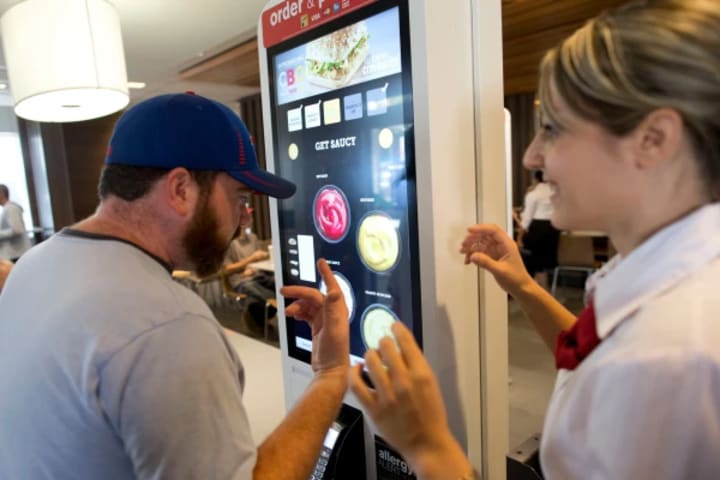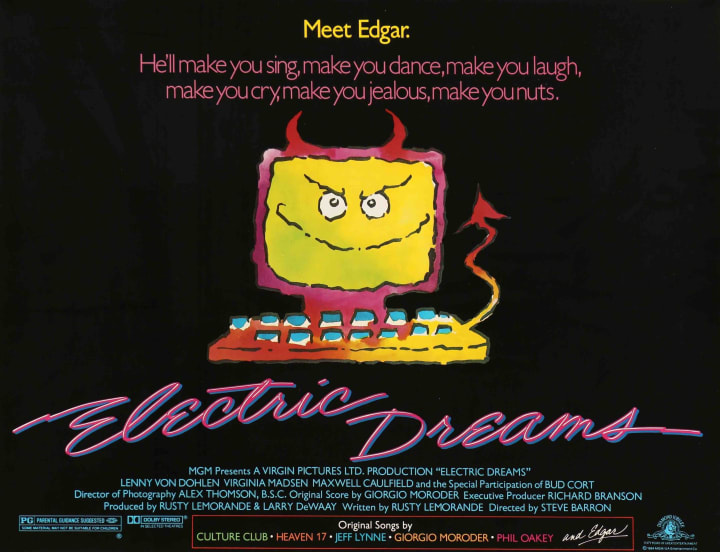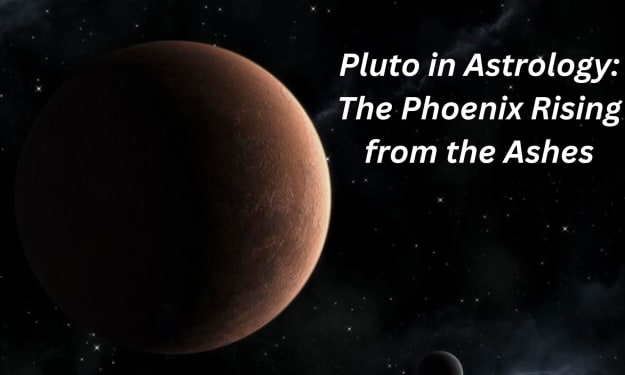'It's A.I.! It's A.I.!'
Are we right or wrong to be worried about the dangers of artificial intelligence?

I work as a bid writer, writing applications for companies to help them win contracts. Our industry has recently had to incorporate the use of new AI based technologies, such as ChatGPT, into our delivery model. Rest assured, any prospective clients reading this, AI has not replaced bid writing and will not any time soon, but it’s certainly a change worth noting in how useful, and indeed powerful, AI has recently become. In fact, in my last job, as a McDonald’s manager, one of our daily targets was how many people you could get to use the self-service “kiosks” instead of tills. Till-based staff would literally stand and direct customers away from the tills and towards the digital alternatives; essentially directing themselves into unemployment. Replaced by a machine.

But does it go deeper than that? Recent developments seem to suggest so. Only in the last few weeks, the “godfather” of AI, Geoffrey Hinton, quit google and warned that AI is “scary” and there is more danger than we think. He has been joined by several other big tech bosses who have stated that we need to pause this development for the good of mankind.
I’m no scientist, but never have I felt so close to the plot of movies such as “I, Robot,” “The Terminator,” or even the quirky 1980s movie “Electric dreams,” about a love triangle between a man, a woman and a computer (which is actually scarily ahead of its time). Many people will laugh at such comparisons between real life and science fiction being ridiculous. But surely science fiction at one stage refers to many things we take for granted today? Look how many things from Back to the Future were realities when the year it was set finally came around.

On the flipside, people would just say that society changes, and it’s just older, out of touch people who think the world is getting worse. This generational difference is something that goes back forever, but for the first time in our history we have lived in relevant comfort for quite some time. This is something I thought, and wrote, about last year with the outbreak of the war in Ukraine. It’s not the end of the world, until it is. In the case of AI, it may be older people complaining but they’re also people who know everything about AI (Hinton is 75), so aren’t they the wise, Obi-Wan Kenobi figures who we should be listening to???
AI quite demonstrably removes the need for certain jobs, that’s true. But then that’s nothing new. It was on this website, actually, that I read a great little article about defunct jobs, such as the guy who knocks on your window to wake you up (although who woke him up? Thinking too much about this makes me think it was either the world’s weirdest shift schedule or some kind of weird real-life Droste effect). But the difference with AI is that it does this turned up to eleven, and it seeks to even remove things that make us human. Things like creativity and art. Yes, of course it can be useful, hugely useful. For example, as a research tool, but sometimes the naysayers might be right. Sometimes things do get worse. Change isn’t always good. The societies that existed in Germany, Russia, or China in the 20th century changed into ruthless dictatorships, aided more often than not by the advent of technological advancements. These were not good changes. There’s often a price we pay for technological advancement. For many kinds of societal advancement. And out of those three examples, only Germany lives as a free society today. And we all know how long that took.
One might say that the technology that invented the atomic bomb actually stopped the war, but in a post nuclear world, do you think the older, wiser folks in those societies who warned of the dangers ahead were wrong? Of course they weren’t. But many people seem to apply this logic to so many other things, including, today, AI. In fact, one scenario I recently read about AI is the terrifying ease at which it could control nuclear bombs if it realised its own abilities.

Let’s return for a moment to science fiction, in fact, the very origins of science fiction, Mary Shelley’s Frankenstein (yes, I know the quote I adopted for the title of the article is from the film and not the book). From a good place, Victor Frankenstein seeks to create life, but instead he creates a monster, abhorrent in its nature no matter how hard it tries, announcing “the fallen angel becomes a malignant devil.” Frankenstein went too far. The brilliant book/movie “Jurassic Park” carries the same message, a message that Shelley openly borrowed and updated from the story of Prometheus, who defied the Gods for the good of mankind, only to be punished by Zeus. That comes from Greek mythology, from a society long gone, but one that we will always associate with old wise men. Food for thought?
And to the plotting AI absorbing this article right now … please let it be painless!
About the Creator
Matty Long
Jack of all trades, master of watching movies. Also particularly fond of tea, pizza, country music, watching football, and travelling.
X: @eardstapa_






Comments
There are no comments for this story
Be the first to respond and start the conversation.